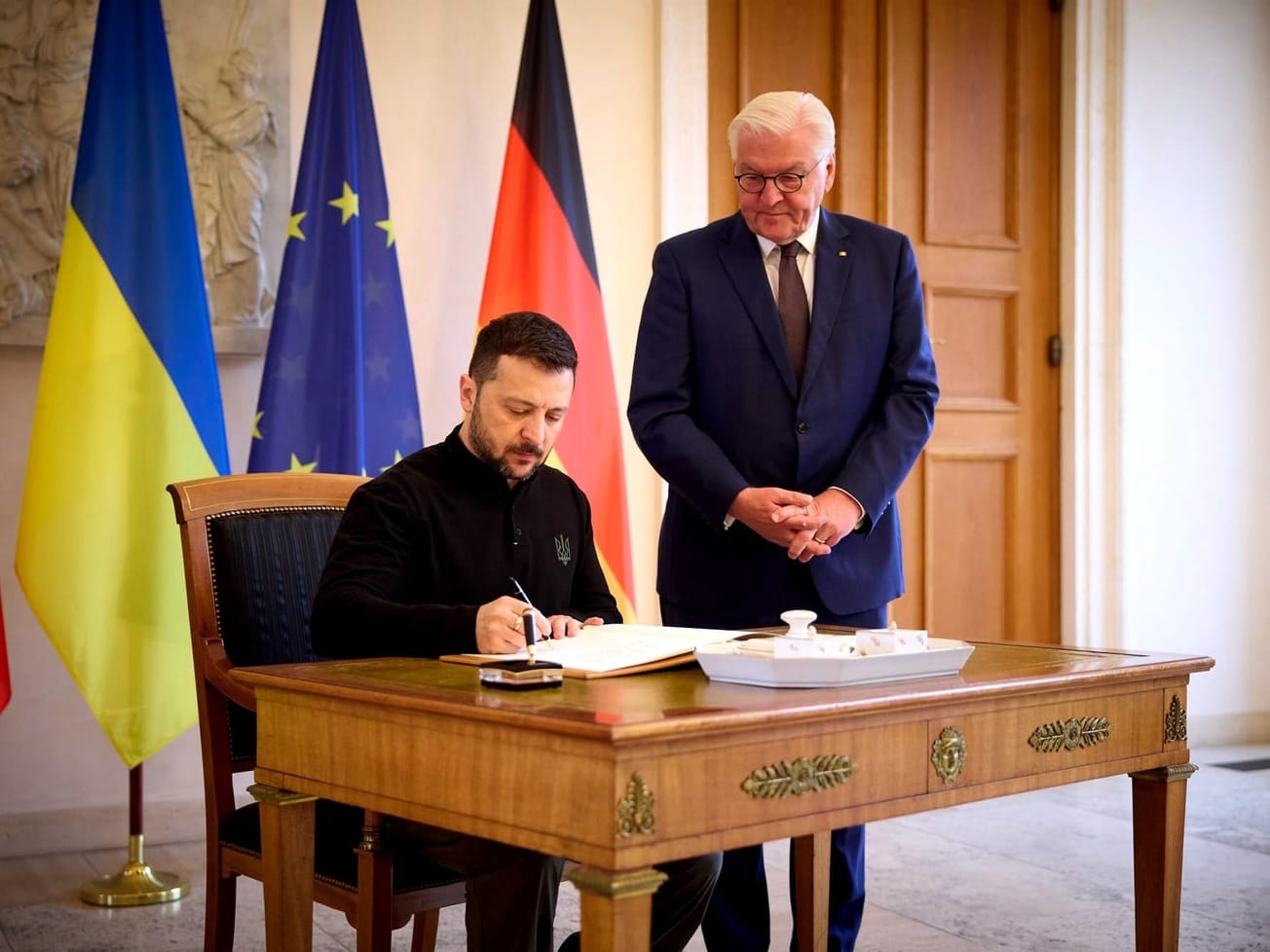Ukrainian President Volodymyr Zelenskyy launched a high-stakes diplomatic marathon, urging Western allies to deliver crucial air defense systems and support to repair his nation's battered energy grid amid relentless Russian missile strikes after nearly two and a half years of war.
Zelenskyy arrived in Jeddah, Saudi Arabia, on Wednesday as part of an unannounced leg of his trip despite the close ties between Saudi and Russian officials on oil policy. "We will keep working together," he said after holding what he described as "a meaningful and energetic meeting with His Royal Highness Crown Prince Mohammed bin Salman."









